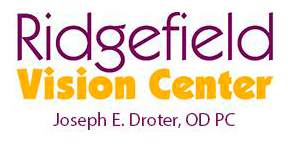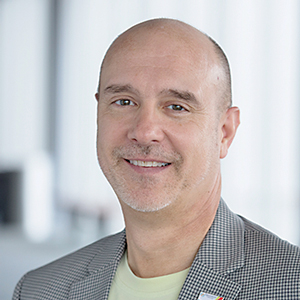My wife, like many of us, recently celebrated a 40-something birthday and realized that her near-vision is becoming blurry, causing problems with reading, texting, and other up-close tasks.
I’ve known this day was coming. Presbyopia, the inability to focus up-close, is a common vision disorder that happens to nearly everyone as we age. It’s a natural, unavoidable condition, an unexplained evolutionary blunder that affects all primates. Even if you’ve enjoyed good vision for your entire life, presbyopia will start around age forty and will progressively worsen at least through age sixty, and possibly beyond. It’s a condition I diagnose daily, and yes, it happened to me a few years back.
Presbyopia is a natural aging process in which the lens of the eye loses flexibility and therefore its ability to focus up-close. Your eyes have been a primary source of information for perceiving the world for four decades when presbyopia begins. “You had a good run,” as one colleague tells his patients, and optometrists can ameliorate this vision impairment. Still, people don’t always adjust easily to the unwelcome change.
“I do yoga to improve my flexibility,” my wife said upon hearing the lens of her eye is losing flexibility. “What exercises will make the lens of my eye more flexible to counteract presbyopia?”
Unfortunately, it doesn’t work like that. This natural process can’t be reversed. As we age, changes occur in the eye’s natural lens, making it thicker and less elastic. At the onset of presbyopia, people typically hold a phone or menu out at arm’s length to read it, quipping, “My vision is fine, it’s just that my arms are suddenly too short.”
According to the World Health Organization, more than a billion people worldwide are presbyopic, with at least 150 million of those in the United States. And that number continues to grow as our population ages.
Fortunately, presbyopia is easily corrected with some nifty new eyewear. Unlike our grandparents, who only had two choices – carrying a magnifying glass or wearing bifocals with an obvious split down the middle – modern vision care offers many attractive options.
The American Optometric Association recommends that adults have an eye exam every one to two years. While reading glasses, available at local retailers, are recommended for some patients, it is still important to visit your optometrist for a comprehensive eye exam. After age forty, there is increased risk for age-related conditions including glaucoma, cataracts, and macular degeneration, which can all cause blindness.
If you already require corrective lenses when presbyopia is diagnosed, you’ll receive a prescription for glasses with multiple focal points. After that, it’s as easy as choosing a pair of frames for the new progressive lenses that will bring the up-close details back into focus. If you don’t currently wear glasses, think of your first pair of reading glasses as a wonderful new fashion accessory. If you need inspiration, just watch the next Hollywood awards show where actors flaunt their glasses while reading at the podium.
For patients who prefer contact lenses, there are several good options. Many people find success with multifocal, bifocal, or simultaneous lenses, which enable the eyes to focus at all distances. Others prefer monovision contact lenses, a single-vision lens in each eye where the dominant eye provides far vision and the other eye focuses up-close. The human brain adjusts to this correction quickly, and for most patients, it’s as if nothing has changed.
Looking further afield, several experimental surgical techniques to correct presbyopia permanently are under evaluation. There are risks associated, but in time, such procedures will likely become widely accepted.
If you’re over forty and notice that your arms are getting too short, it’s time to make an appointment to have your vision checked.





